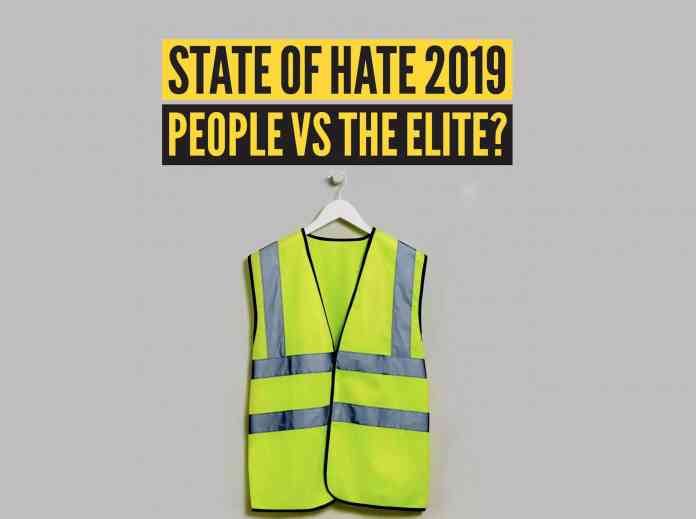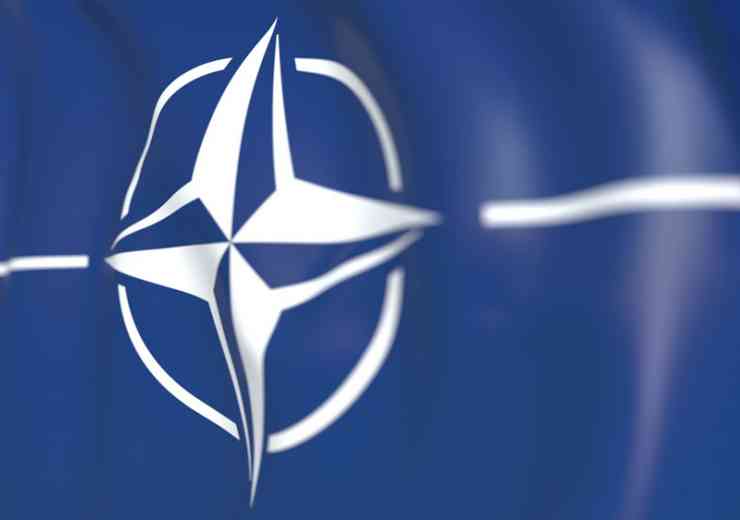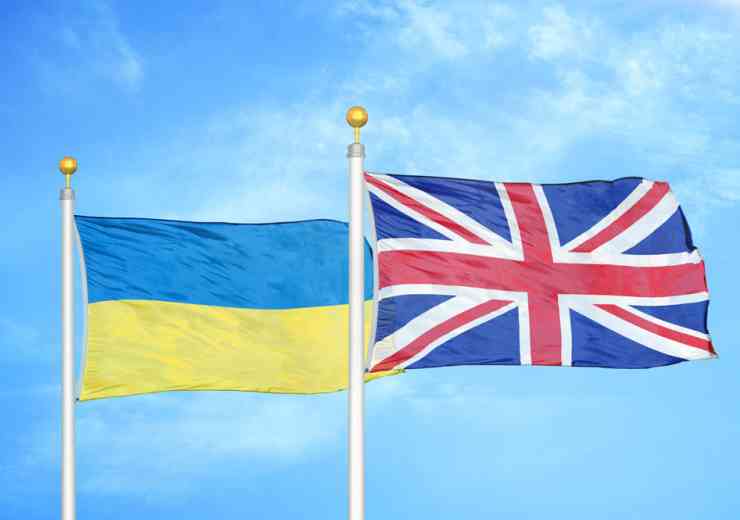Far right groups becoming 'more extreme' says Hope not Hate report

A report by counter extremism group Hope Not Hate has found a trend among the far right which is “getting more extreme and younger”, with those with dangerous ideologies finding each other online.
The report finds that Britain is increasingly divided and that is likely to increase whatever the Brexit outcome.
While the numbers arrested for terror-related offences in 2018 was down on the previous year, we are witnessing a growing threat of far right terrorism, which comes from both organised groups, like National Action, but also from lone actors who get radicalised via the internet.
It also suggests the way Parliament has handled the Brexit process has deepened the poor attitude many hold towards our politicians. 68% now say that there is not a political party that speaks for them and 55% think the political system is broken
Anti-Muslim prejudice has replaced immigration as the key driver of far right growth, however after six years of increasingly positive views, attitudes towards immigration in Britain are deteriorating.
The State of Hate 2019 report found that some of the most extreme groups in Britain today are influenced by the “Order of Nine Angles (O9A)" which has been running since the 1960s and holds occult rituals led by a Priest and Priestess, advocates destroying society from within and “culling” people.
Matthew Collins, Hope Not Hate researcher, said: “We are seeing more and more about Satanism and white jihad. It is almost like Hitler isn’t extreme enough for them anymore.
“They are not like the traditional far right groups - they are more articulate, they are certainly more sophisticated and they are finding each other on gaming websites and things like that.”
The Security Services warned of a growing threat from the far-right in the wake of the Finsbury Park mosque attack and the murder of MP Jo Cox.
Nick Lowles, founder of Hope Not Hate, writes in the report: “In the internet age, as extremists from around the world congregate together online, seeking out the “edgiest” positions and ideas, and younger people are drawn in, the O9A is arguably becoming more visible and influential than ever.”
The Sonnenkrieg Division hit the headlines in December last year after members called online for Prince Harry to be shot as a “race traitor” for marrying Meghan Markle. Three alleged members have been arrested.
Many of the emerging groups have links to National Action, the banned extremist group which was disbanded last year when 13 members were convicted using anti-terror legislation, the report found.






















